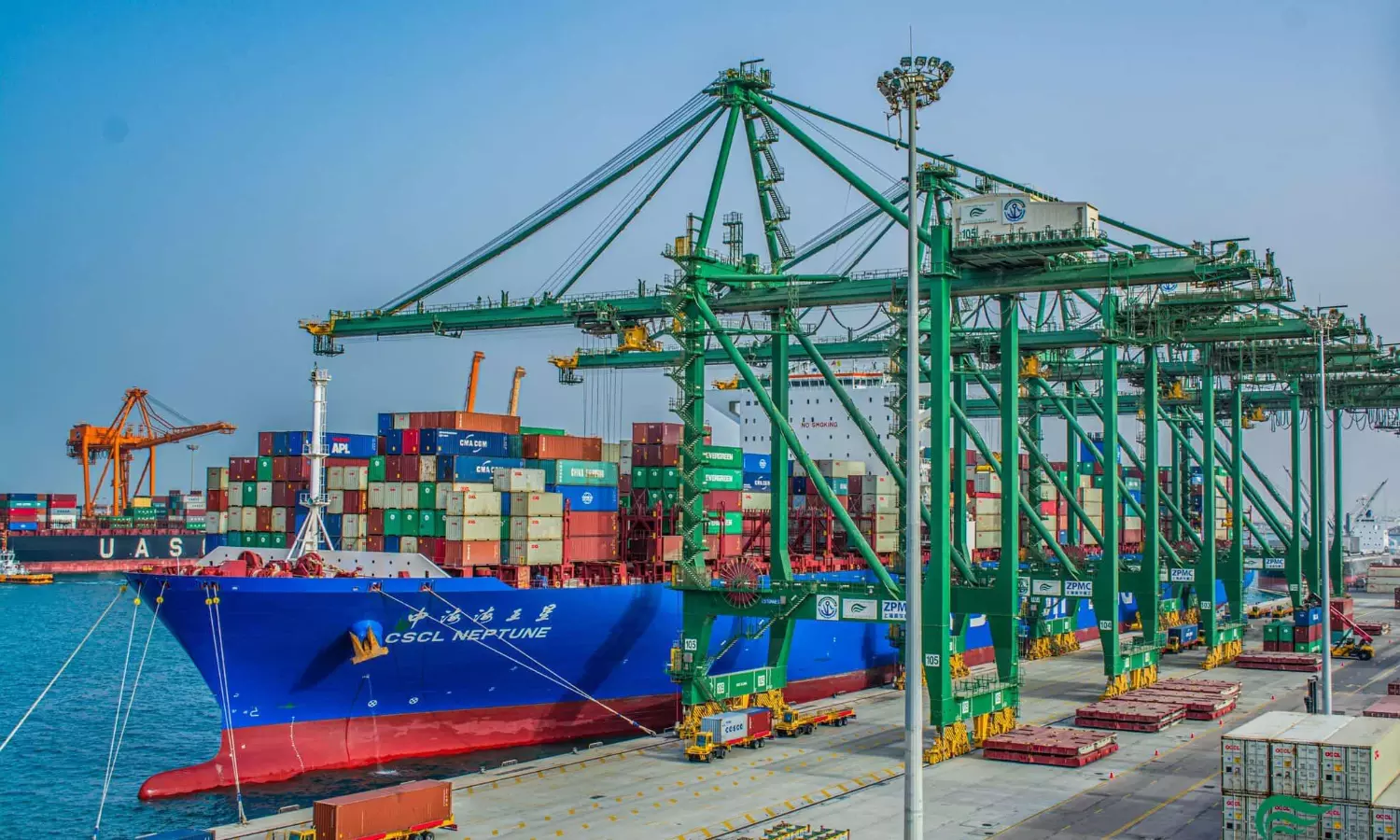Saudi Arabia unveils logistics centres master plan
The Master Logistics Centers Plan outlines 59 centers, spread across the key strategic regions of Saudi Arabia, with a total area exceeding 100 million square meters.

Saudi Arabia’s crown prince Mohammed bin Salman bin Abdulaziz Al Saud launched the master plan for logistics centres, which aims to further develop the infrastructure of the logistics sector in the country, diversify the local economy, and strengthen its position as a leading investment destination and global logistics hub.
Mohammed bin Salman affirmed that the logistics centre master plan is an extension of the ongoing initiatives to strengthen the its logistics sector, in line with the objectives of the National Transport and Logistics Strategy (NTLS). The goal is to develop the logistics sector to support economic growth and enhance local, regional, and international connectivity for international trade networks and global supply chains. Additionally, the plan aims to foster partnerships with the private sector, expand job opportunities, and solidify its position as a global logistics hub, capitalizing on its strategic geographical location connecting three major continents: Asia, Europe, and Africa.
The Master Logistics Centers Plan outlines 59 centers, spread across the key strategic regions of Saudi Arabia, with a total area exceeding 100 million square meters. These include 12 logistics centres for the Riyadh region, 12 for the Makkah region, 17 for the eastern province, and 18 across the remaining regions. The ongoing work is focused on 21 centres, with the goal of completing all centres by 2030. The centers will enable local industries to efficiently export Saudi products, as well as support e-commerce by facilitating rapid connections between logistics centres and distribution hubs within various regions, cities, and provinces. The plan also facilitates high-level tracking and eases the process of obtaining logistic activity licenses, particularly with the introduction of the unified logistic license. So far, the license has been granted to more than 1500 local, regional, and international logistic companies, in addition to launching FASAH, the two-hour licensing initiative in collaboration with relevant government entities.
The logistics services sector represents a promising pillar for economic and developmental diversity. It is witnessing a range of qualitative initiatives and significant developments aimed at achieving a substantial leap in sectoral growth and expanding its economic and developmental contributions. The Ministry of Transport and Logistics Services (MOTLS) operates by a model that seeks to develop the logistics services industry, enhance export strategies, expand investment opportunities, and establish partnerships with the private sector.
Saudi jumped 17 places globally in the World Bank's Logistics Performance Index, advancing to the 38th position among 160 countries in the international ranking of logistics efficiency. The MOTLS also recently launched a series of initiatives in the logistics sector to improve performance efficiency, reengineer processes, and implement best global practices in this vital sector to enhance the its position as a global logistics hub. These initiatives include the launch of the integrated private logistics zone at King Salman International Airport in Riyadh, with Apple being the first international investor in the zone. One of the key priorities of the NTLS is to place Saudi among the world's top 10 countries in the Logistics Performance Index by the year 2030.


